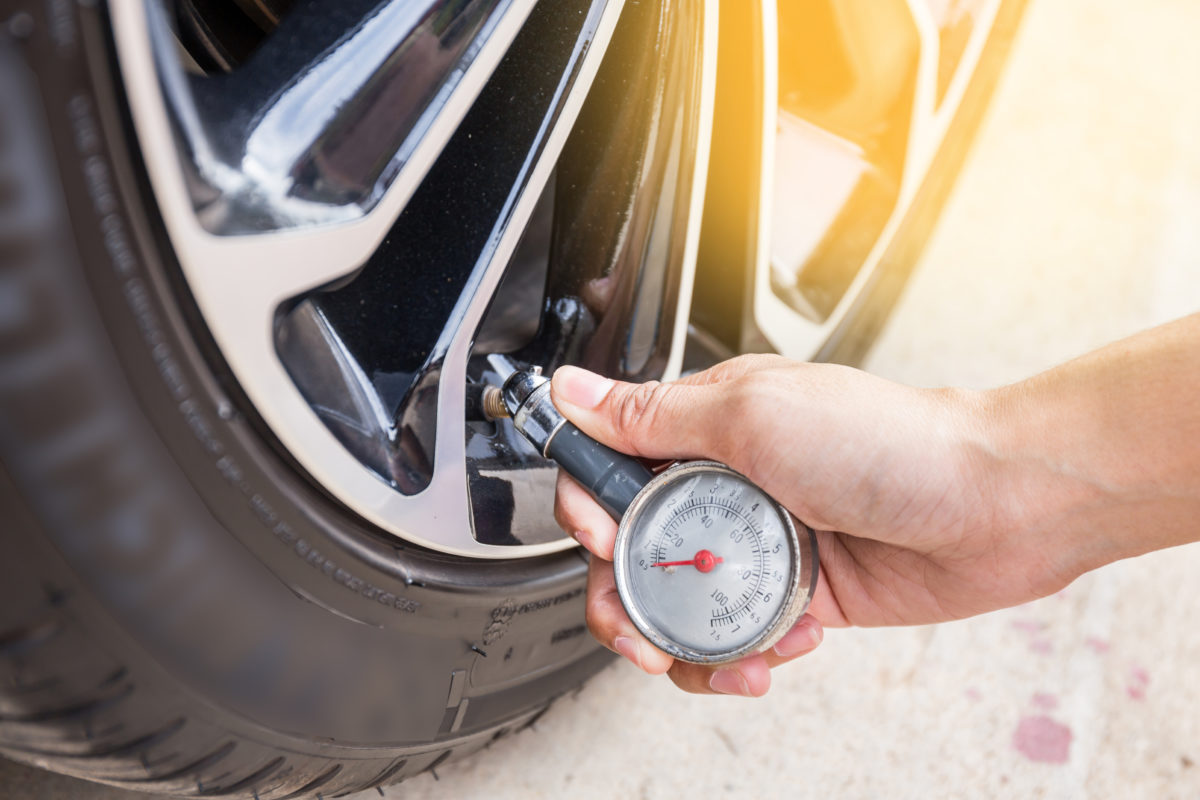
Tire tread is the texture on the exterior of your tires that gives your tires traction and grip. When the tread separates from the tire, it can be dangerous and cause car accidents because you can lose control if the tread does not have sufficient traction.
But what causes tire tread separation? There can be several different causes, and you shouldn’t assume it’s your fault.
If your car has a defect, then you shouldn’t be held responsible for the issue, even if it caused you to get into an accident. The auto defect lawyers at Langdon & Emison can help you prove the cause behind your tire tread separation and make sure you are not held liable if your tire detread if it is the result of a manufacturer defect.
Call us at (866) 931-2115 for a free consultation if you believe your car may have a defect.
Keep reading to learn about five potential causes of tire tread separation.
Manufacturer Defect
A manufacturer’s defect is when the maker of your tires made a mistake or used faulty materials when making the tires.
If there is a defect in your tires, there may be a problem with the tread or the rubber may not be properly adhered to the steel of your tire. These can cause the tire to detread faster than usual, which can be very dangerous.
Underinflation
Another potential cause of tire tread separation is underinflation. Essentially, if your tires are not properly and sufficiently filled with air, a lack of inflation can lead to the tread wearing and separating faster than usual.
Always check your tire pressure regularly to avoid underinflation in your tires.
Incorrect Flat Tire Repair
Tire detread can also occur as a result of a previous flat tire being improperly repaired. If you have a flat tire and get the leak or hole patched rather than getting a new tire, you run the risk of the repair being done incorrectly.
If the repair is not done correctly, it can mess up the tire tread or cause separation. Be sure to have your tire repaired by a professional if you get a flat tire, and have your tires checked every so often to ensure that they are in good shape.
Rough Driving
Another cause of tire detread is rough driving, such as braking excessively. While rough driving usually occurs due to driver error, sometimes a driver has to slam on their brakes in order to avoid a collision with someone else who might be making an illegal traffic maneuver or driving aggressively.
Driving Too Long on the Same Tires
Tires are not meant to last forever and should be replaced periodically for the safest use. The longer you drive on the same pair of tires, the more the tread starts to separate and wear down. This is exacerbated by high temperatures and driving at high speeds.
Try getting your tires checked every time you get your oil changed. When in doubt, always take your car in to get checked out. It’s better to be overcautious than to run the risk of your tires blowing out and getting in a serious or even fatal accident.
Why Tire De-treading Is So Dangerous
Tire detread is dangerous because without the traction that tread provides, your tires can blow out, your car can spin out of control, or you could hydroplane when driving in the rain. Imagine trying to drive on tires without any grip on them– there would be no traction and you would not be able to safely turn, stop, or slow down your car once it was in motion.
It’s important to get your tires checked regularly to ensure your tire tread is sufficient and your tires are safe.
Did your tire blow out? You may be eligible for compensation.
If your tire tread separation was caused by a manufacturer’s defect, you could be eligible for compensation.
The auto defect lawyers at Langdon & Emison can help you win compensation if you have a defective tire. If you’re not sure what the causes of your tire tread separation were, you can still give us a call for a free case consultation with no strings attached.
Our attorneys are ready and willing to work with you and fight for your case. Call us at (866) 931-2115 to schedule your free consultation today.


